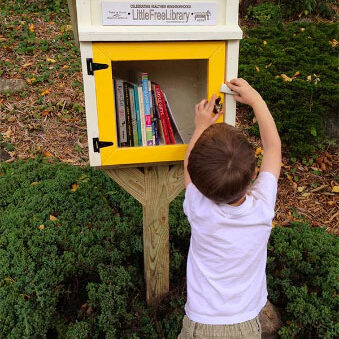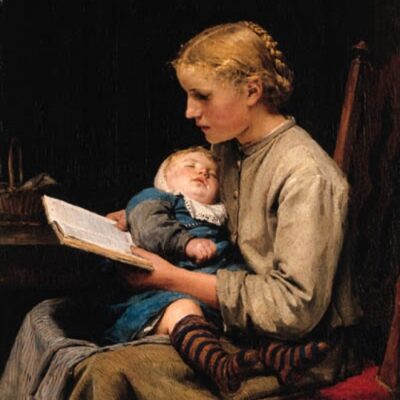Lost Son by Brett Forrest
Lost Son is a nonfiction investigative mystery/thriller in which national security reporter Brett Forrest describes his efforts to find out what happened to a young man named Billy Reilly who was deeply affected by the terrorist attacks of September 11 and became fascinated with global conflict. Online, he taught himself Arabic and Russian and visited jihadi Internet forums. An amateur drawn into professional intelligence, Billy became a Confidential Human Source, one of thousands of civilians who assist FBI agents with investigative work. In 2015, after Russian separatists in the Donbas region of Ukraine declared independence, Reilly traveled to Russia against his parent’s wishes. Shortly thereafter, he disappeared.
For this book, the author “interviewed more than a hundred sources, including current and former officials of the FBI, State Department, Central Intelligence Agency, and Obama, Trump, and Biden administrations, officials and militants in Russia and Ukraine, counterterrorism experts, hackers, spies, private investigators, and Billy Reilly’s friends and family.” He read “hundreds of files from the FBI, CIA, and the Department of Justice and scoured thousands more pages from Russian, Ukrainian, and US Investigative reports and court records” He “combed through thousands of social media postings and text messages in several different languages.” [pp. xiv-xv]
What he has produced is a geopolitical thriller mixed with the heartbreaking narrative of a family just trying to find out what happened to their son. Brett Forrest presents this masterpiece with exceptional journalistic skills and deep humanity. His description of Billy is so precise, so respectful, we can’t help but empathize with his search for meaning and purpose in his life, despite putting it at risk.
Even as he was becoming one of the guys, Billy was developing views that held him apart from them. His new friends weren’t online delving into the terrorist attacks to learn why they had occurred. They viewed 9/11 as a starting point, not one with antecedents. Several of Billy’s friends talked about enlisting in the U.S. military to fight al Qaeda.
Billy told his friends that they might want to learn more about the war on terror before consigning themselves to it. He wasn’t shy in telling kids at Lakes that 9/11 was a comeuppance for foolish U.S. policies. “Wherever he was getting his information,” one classmate later said, “it was different from the rest of us.” [pp. 27-28]
The book abounds with information about the workings of the FBI and their informants, including historical events that changed the Bureau.
In the wake of 9/11, Congress considered dissolving the FBI and founding a new office patterned on the United Kingdom’s domestic intelligence agency, MI-5. A principal failing identified by the Congressional 9/11 Commission was the FBI’s use of counterterrorism informants and cooperators. Unlike during previous inquests, Congress this time directed the FBI to make more, not less, of these assets. The commission resolved that the Bureau could survive, dependent “on an assessment that the FBI—-if it makes an all-out effort to institutionalize change—-can do the job.” Part of that change would be the expansion and modernization of the FBI’s informant program. The FBI’s greatest failure, the September 11 attacks, awarded the Bureau with its broadest mandate. [p. 43]
This is a masterwork of reporting by an individual who risked his own life to help a family previously stonewalled on every step of their journey to find why they lost communication with their son. It is one of the best books I have received through Goodreads Giveaways and I thank them for it.
Check Amazon for more on this book I love.
Other resources referencing Lost Son include:
Lost Son with Brett Forrest/ An American Family Trapped Inside the FBI’S Secret Wars
Why the FBI’s Troubling History with Informants Is Getting New Attention
What Did Billy Reilly Do In Russia? Did the FBI Know? And Where Is He Now?
A Life Lost in the Maw of Counterterrorism

















